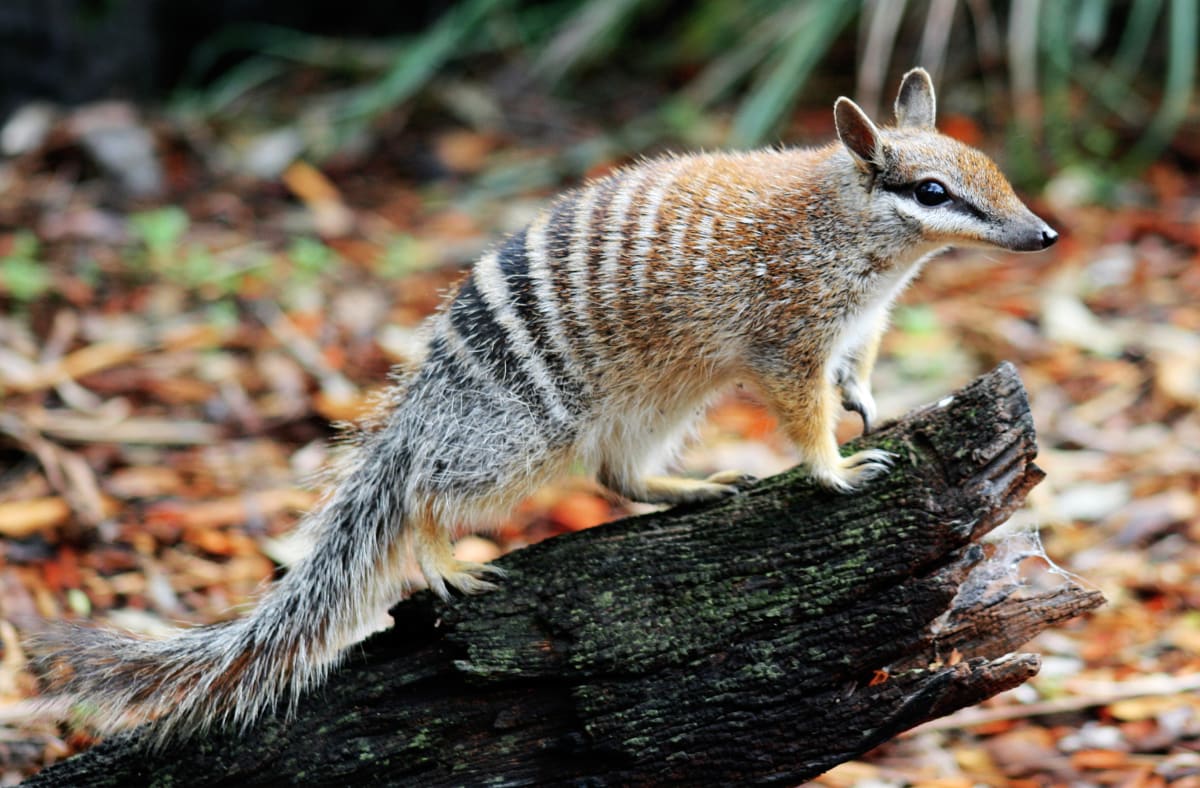
Earlier this year, we surveyed 2300 Australians about their slang, and their responses continue to delight.
There were certain areas of the survey where people truly excelled – we’ve already reported here, for example, on a number of the contributions to do with drinks and drinking.
Equally striking was the exuberance of expressions people gave us for stupidity. Favourites ranged from mild drongo (the clear winner in our survey with 886 mentions) to the more potent dickhead (third in the list, but a long way behind drongo with 120 mentions).
Quite high on this list was also nong (and its relative ning-nong). Nong has been a favourite in this country for some time – since at least the turn of the 20th century, in fact, Australians have been referring to each other as colossal nongs.
Like so many you-beaut Aussie-isms, the word has its roots in British English. When ning-nong (early 1800s) was transplanted here, it went on to thrive, and produced some distinctly antipodean offspring in the form of nong (also nong-nong and noong).
Nong has always been an effective insult to question someone’s intelligence or competence, but like other insults, it continues to be an important signal of mateship – and true affection.
Oh, what a nong I am to think that you were gay when you're a big Barbara Streisand fan. #PurveyorOfFineMeats pic.twitter.com/dRVzDYkD0z— Kath & Kim Quotes (@KathKimQuotes) July 18, 2016
Our noddy, numpty noodledom
Nong might appear a straightforward shortening of ning-nong, but dig any deeper and things start getting murky.
What you’ll uncover in fact is a densely tangled kinship system of insults relating to stupidity. Here’s just a small handful dating back to at least the 1500s – as you can see, it’s an impressive noodledom (“collection of foolish people”) with noticeable family resemblances:
nidiot; nidget; nod; noddy; noddy poll; nodcock; niddicock; noddy poop; hoddypeak; ninny, ninnyhammer; ninny lobcock; numps; nup; nupson; nincompoop; numbskull; nigmenog; nikin; noddle; noodle; ning-nong; ning-nang; neddy; nig-nog; nitwit; nong; numpty
There are lots of sounds here suggesting foolishness, and for centuries people have been having fun with this, shifting these words, reshaping them, and shuffling them up.
Look at nincompoop – a lexical salad of colloquial bits and pieces with a hint of loftier non compos (mentis) “of unsound mind” from legal Latin. It’s impossible to pinpoint the origins of these words and, not surprisingly, most dictionaries opt for “of obscure origin”.
Is it any wonder that Australia’s numbat (“the termite-eating marsupial”, below) has shifted its meaning to include stupidity? It’s not in mainstream dictionaries with this sense, but it featured in our survey, as did the recently created numbnut. Another new family member is nimwit (and note the additional satisfying echo of dimwit here).

These entangled word clusters would have started with a couple of standout expressions that just happened to share similar meanings and sounds – perhaps nidget (a squished version of an idiot) and nod/noddy/noddle/noodle (slang words for “head”).
Coincidences like these encourage people to start forging stronger sound-to-sense links, which can then become powerful triggers for creating new words, and altering the shape and meaning of existing ones.
History shows that expressions with the support of these sound-sense associations tend to be longer-living (most slang isn’t).
I can’t help but wonder whether the success of nong in Australia has been assisted by the additional echo of drongo (as one of our survey respondents noted).
Nong is falling out of favour
The trouble is there are other louder echoes now, and nong might well have appeared higher up in the survey’s list of favourites were it not for these echoes – people clearly love the word, but many now worry it’s offensive. (“I suspect that it has racist roots,” wrote one survey respondent).
When taboos are involved, the association of meaning and sound is always strong – such is the eye and ear-catching nature of offensive words that innocent bystanders get caught up in their net to then be abandoned. (For example, the demise of many single-syllablewords in English such as fuk, a sail, and the disappearance of niggardly from American English).
Nong has no etymological connections with any ethnic slur, but if people’s perceptions are that it’s seriously offensive, then this will be the kiss of death. However, rest assured there’ll be plenty of creative substitutes that will step up.





